I have all kinds of excuses. I was fighting off stomach flu and dizziness. I was dragging through my workshop toward the end of the day. I was digging deep to keep going, when suddenly I heard myself say the phrase I always bend over backward not to say, “I want you to……” Inwardly, even in my weakened state, I cringed.
You may have heard me rant about this before. While it’s not the end of the world to say it, it can hit a sour note with anyone who hears it. “I want you” to sounds bossy, arbitrary, and puts the focus on me the instructor or speaker rather than you the learner. It always reminds me of that awful phrase we use on our kids when we are exasperated: “because I say so.”
So when you are in the classroom, the boardroom, or the conference call, what is a better way to move people to action? Try one of these, or something similar that keeps the focus on the request and sounds a lot more polished. Like I could have done in that moment.
Better choices include:
Will you
Will you please
Would you
Would you please
Could you
Please
Shall we
Why don’t we
Let’s
If we could
If you would
Perhaps you would
If you would be so kind
If you are willing
I wonder if you would
It would be great if you would
I invite you to
I encourage you to
I urge you to
Now it’s time to
You may not like all of these phrases. In fact I am sure you won’t. Some will strike you as too direct, others as way too indirect. And some will just appeal more to your personality or style. But note that there are many ways to ask your class or audience to do something without telling them to do it because “I want you to.”
Please note that these “softer” phrases are specifically geared toward situations where you are enlisting support or action, as in training or coaching situations. When you are giving work direction, you may prefer to be more direct and forceful than these phrases suggest. Even so, I would think about stating your request in the “please will you do x” format rather than “I want you to do x.” Again, keeping the focus on the action, not having you do something simply because I want it.
If you are looking for a nicer way to couch your requests, I invite you to try one or more of these. Choose ones that sound like you and that you think would sit well with your listeners and be appropriate in tone. And please, do let me know if you have other phrases you would be willing to share.
In my opinion, using these phrases or ones like them shows more professionalism and more respect in the classroom or meeting room.
Author Gail Zack Anderson, founder of Applause, Inc. is a Twin Cities-based consultant who provides coaching and workshops for effective presentations, facilitation skills for trainers and subject matter experts, and positive communication skills for everyone. She can be reached at [email protected].
Web site: www.applauseinc.net
Blog: www.managementhelp.org/blogs
twitter: @ApplauseInc
 Sections of this topic
Sections of this topic

















